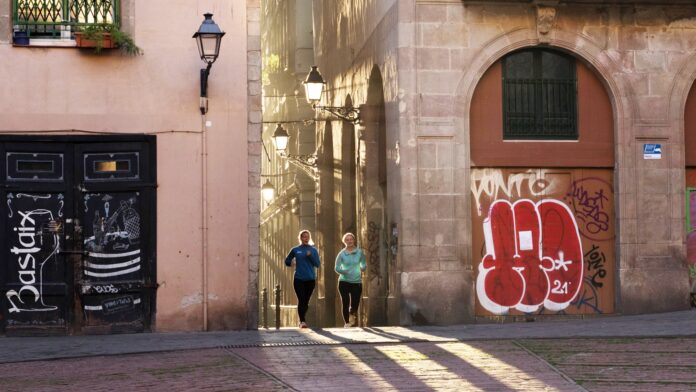Politics has fostered a deep sense of malaise in a city that is one of the most visited in Europe. Street crime is rising and many businesses have left.
Pau Guardans’ grandfather gazes down from the wall, his portrait separating the shelves of a wood-panelled library inside Barcelona’s Grand Hotel Central. The luxury establishment was opened in 2005 by Único Hotels, a group founded by Guardans, which added a rooftop infinity pool to a building whose stone entrance still bears the ruts of horse-drawn carts. Francesc Cambó, a Catalan politician and Guardans’ forebear, built it as his home in 1922.
So selling the hotel was a wrench. When Único cut it loose in 2021, it was not only offloading a €93mn asset but severing a family bond. Guardans decided, however, it was time to move on. In Barcelona, one of Europe’s most visited destinations, politics had fostered a deep sense of malaise.
The city’s present mayor, Ada Colau, a leftwing former activist running for re-election this year, had by then been in office for six years. Her vision was of a greener and more inclusive city, which meant reining in the “chaos” of mass tourism and property speculation. But to business people she had cemented a reputation as an enemy of enterprise and growth.


